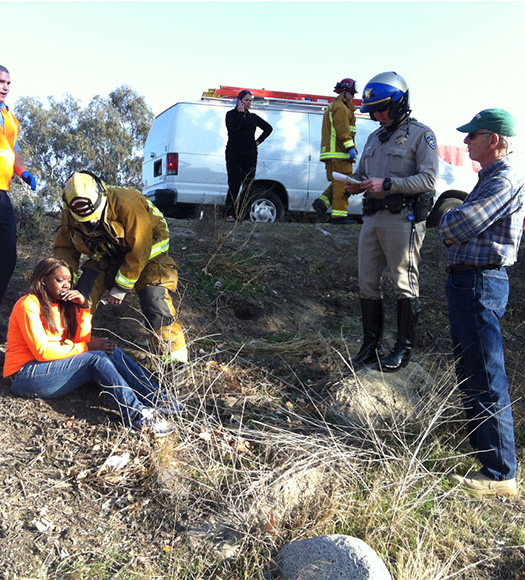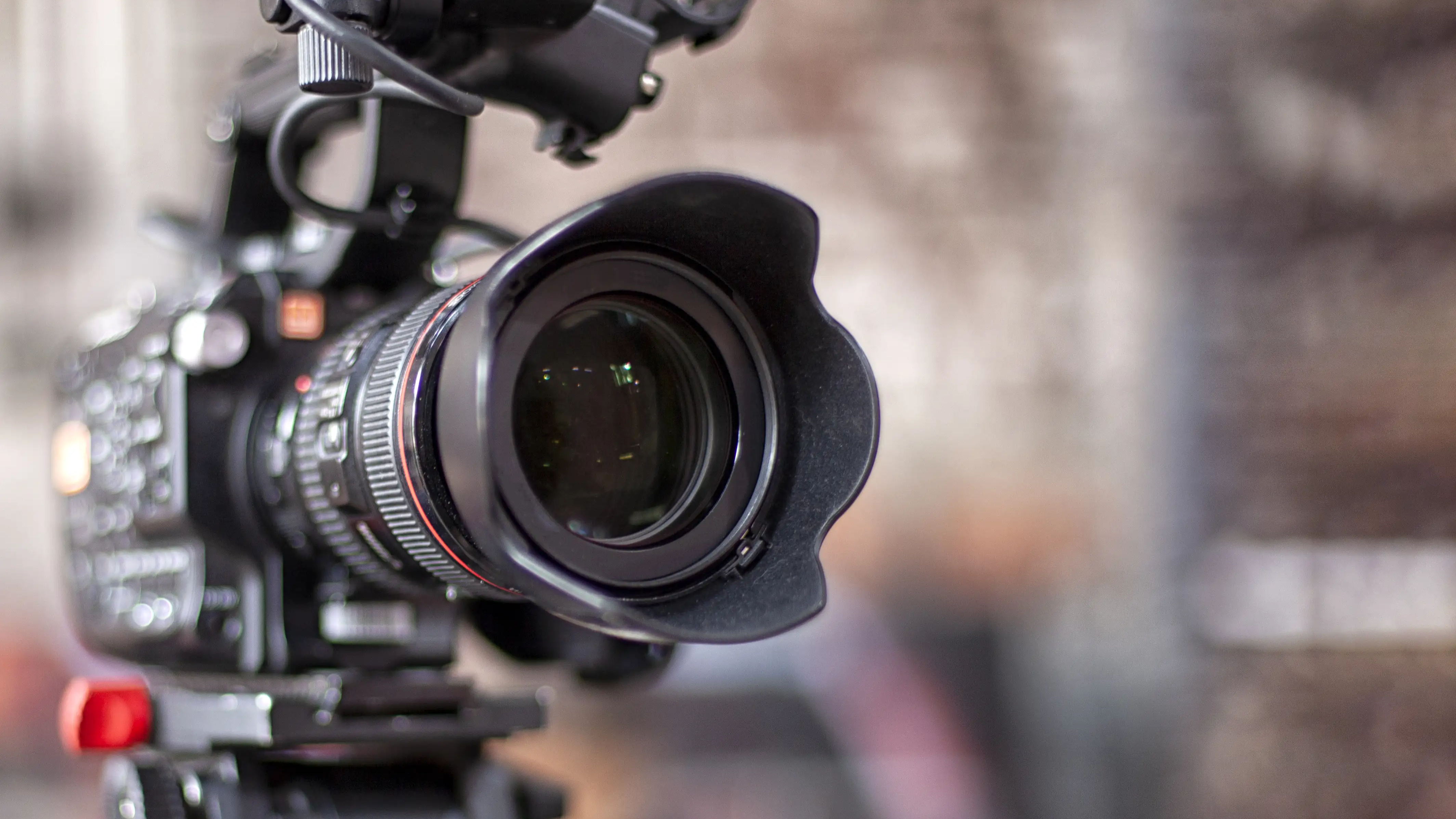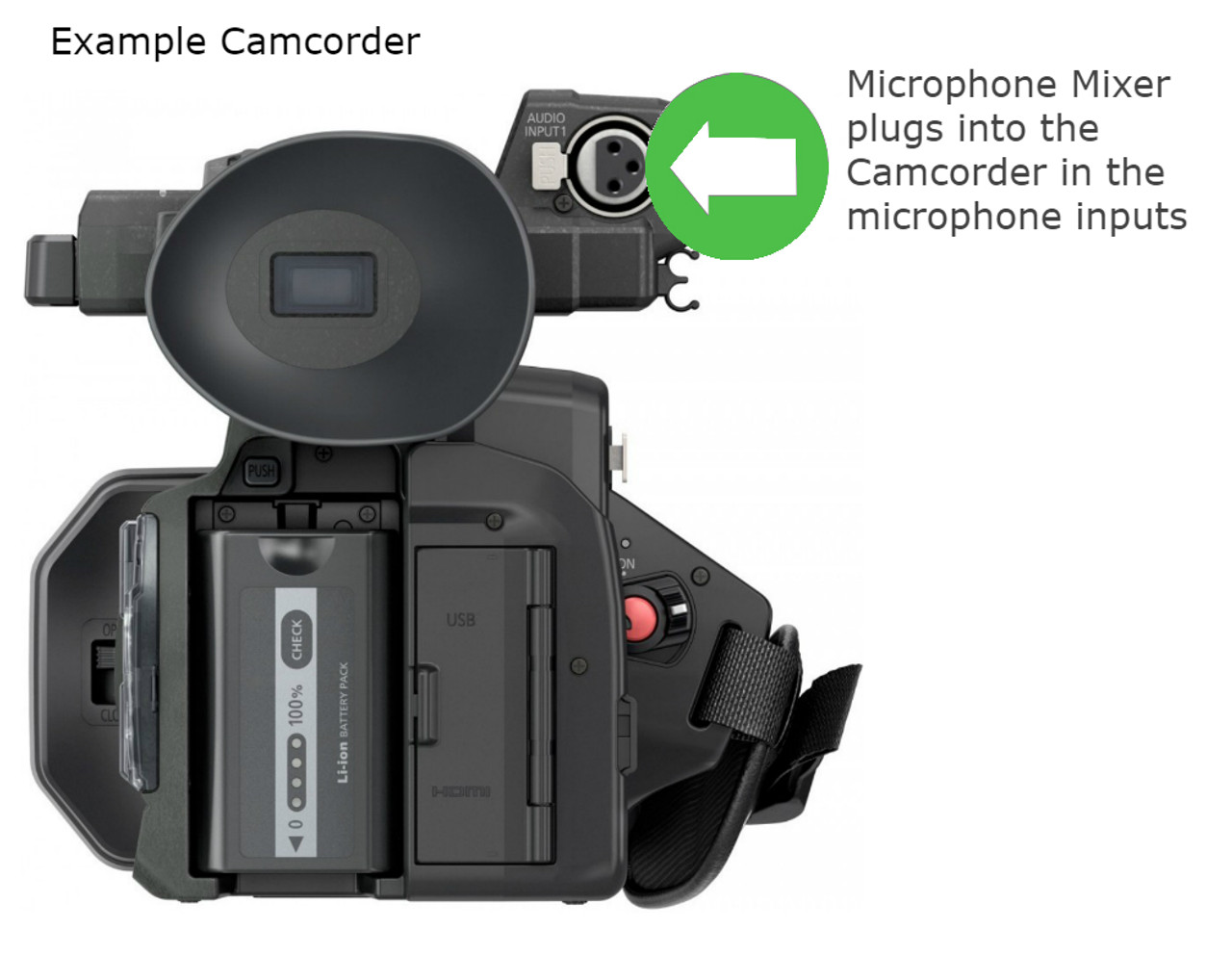The Importance of Lawful Video Clip Depositions in Modern Legal Providers: What You Should Know
Lawful video depositions have ended up being crucial in today's lawful landscape. They offer a multidimensional view of witness testimonies that traditional records just can not match. By capturing both non-verbal and spoken communication, these depositions enhance the total understanding of a witness's credibility. The performance of video clip depositions hinges on various aspects, including compliance with legal criteria and best techniques. Checking out these elements discloses their real importance in modern legal services
What Are Legal Video Depositions?
Lawful video depositions act as an essential device in the lawsuits process. They entail taping witness testimonies in a video clip format, catching both spoken and non-verbal communication. This method enables lawyers to document the attitude, expressions, and responses of witnesses, offering a richer context for the testimony. Generally carried out in a regulated setting, these depositions are led by attorneys who ask inquiries while a court reporter documents the discussion. The resulting video clip can be essential for trial prep work, as it allows legal representatives to analyze the credibility of witnesses and refine their methods. Furthermore, lawful video depositions can be made use of in various lawful contexts, varying from civil disagreements to criminal instances. The aesthetic and acoustic aspects of video clip depositions improve the presentation of proof, making it a crucial part in the modern-day lawful landscape. Generally, they add significantly to the effectiveness and efficiency of legal procedures.

Advantages of Video Depositions Over Typical Approaches
Video depositions supply countless advantages contrasted to standard techniques of taking witness testimonies. One considerable advantage is the ability to catch both aesthetic and audio elements, giving a more complete record of the witness's declarations. This twin style boosts quality and allows lawyers to reference details subtleties during trial prep work. In addition, video depositions assist in remote participation, making it less complicated for witnesses that might be not available for in-person appearances due to geographical restrictions or health and wellness issues.Moreover, video clip depositions can expedite the total deposition process, lowering the time and costs related to traveling and logistics. They also enhance accessibility, as tape-recorded depositions can be quickly shared amongst legal groups and referenced any time. This benefit adds to much better case monitoring and prep work. Generally, video depositions stand for a modern-day, efficient strategy to gathering witness testimonies, lining up with the advancing needs of the legal career.
The Duty of Body Movement and Tone in Testimonies

In legal video clip depositions, body movement and tone play important duties in conveying a witness's integrity and trustworthiness. Nonverbal hints can give insights into a witness's mood, influencing how their statement is perceived. Comprehending the influence of these elements is vital for jurors and attorneys alike when assessing the dependability of a statement.
Nonverbal Interaction Insights
While spoken communication is frequently emphasized in legal testaments, nonverbal cues such as body movement and tone play an important role in conveying reliability and emotion. Viewers of depositions may note that a witness's position, gestures, and faces can substantially affect assumptions of integrity. As an example, constant eye get in touch with might signal confidence, while staying clear of stare could suggest dishonesty or discomfort. The tone of voice-- its speed, pitch, and volume-- can give feelings of sincerity or unpredictability. Lawyers have to be in harmony with these nonverbal signals, as they typically offer critical context that enhances talked words. Comprehending these subtleties can boost the efficiency of depositions and influence the result of legal process.
Psychological Tone Impact
The psychological tone communicated during legal statements significantly influences exactly how a witness is regarded. Body language, singing inflections, and facial expressions play essential roles in forming the narrative of a testament. A witness exhibiting self-confidence via stable eye call and a calm tone can infuse a sense of integrity and interaction. Conversely, indications of anxiousness, such as fidgeting or an unstable voice, might lead to apprehension concerning their account. The subtleties of psychological expression can affect the analysis of facts, making it crucial for attorneys to recognize these hints. In video clip depositions, the acoustic and aesthetic components combine, highlighting the value of emotional tone in communicating genuineness and reliability within the legal process.
Reputation and Credibility
A crucial variable in establishing trustworthiness and reliability throughout testimonies lies in the witness's body language and tone of voice. Onlookers usually rely upon non-verbal cues-- such as eye get in touch with, pose, and motions-- to examine a witness's genuineness. A witness who maintains eye get in touch with and shows open body language may be viewed as even more reliable and honest than one that avoids eye call or shows up shut off. Furthermore, tone of voice plays a vital role; a steady, tranquil tone can enhance the reputation of the testament, while changes in pitch or volume might increase questions. Ultimately, the mix of body movement and vocal tone greatly affects exactly how a witness's statements are obtained and translated in a legal context.
Ideal Practices for Carrying Out Video Depositions
Performing video depositions requires mindful planning and implementation to ensure a clear and efficient discussion of testimony. Initially, it is crucial to choose a silent, well-lit place to decrease diversions and protected optimum video top quality. The devices should be checked in advance, consisting of cameras, microphones, and illumination, to stay clear of technical concerns during the deposition.Next, celebrations entailed must examine the format and procedures ahead of time, making certain that everybody recognizes their roles. The deponent must be oriented on the process, including just how to react clearly and concisely.Additionally, preserving a specialist temperament throughout the session is vital. This consists of avoiding talking over one another and confirming that all concerns are routed suitably. It is essential to record the deposition in a format that allows for easy playback and evaluation, protecting the stability of the testament for future usage.
Lawful Factors To Consider and Conformity Issues
Just how do lawful factors to consider and conformity concerns influence the performance of video clip depositions? Lawful specialists have to browse an intricate landscape of laws, ensuring that video clip depositions stick to administrative policies and requirements. Conformity with legislations concerning privacy, consent, and recording methods is essential. As an example, getting specific approval from all celebrations involved is necessary to stay clear of lawful repercussions.Additionally, the admissibility of video evidence in court can rest on conformity with procedural requirements. Guaranteeing that the devices made use of fulfills technological requirements is also vital, as bad quality can threaten the deposition's reliability.Moreover, lawyers must understand any type of specific state regulations that regulate video clip depositions, as these can differ significantly. Failing to deal with these factors to consider can Look At This not only jeopardize the stability of the deposition but additionally impact the total case approach, eventually influencing the client's lawful outcomes.
Just How Video Depositions Effect Court Understanding
While video clip depositions can serve as effective tools in legal process, their influence on court perception is considerable. The auditory and visual components of video recordings supply jurors with an extra extensive understanding of witness demeanor, reputation, and emotional reactions. This multimedia technique can enhance the jurors' ability to examine the integrity of testimony compared to typical text-based transcripts.Moreover, video depositions allow jurors to observe body language, intonation, and faces, every one of which can impact their interpretation of the witness's declarations. The visibility of a witness on display can humanize them, fostering empathy find here and connection, which might guide jurors' point of views. Conversely, a witness who appears evasive or unreliable on video clip might lead to negative understandings that influence a jury's decision. Eventually, the vibrant nature of video clip depositions plays an essential duty fit just how jurors translate proof and reach their judgments.
The Future of Video Clip Depositions in Legal Technique
As advancements in technology remain to reshape the lawful landscape, the future of video clip depositions is positioned for substantial advancement. Technologies such as fabricated knowledge, digital fact, and boosted video clip conferencing tools are expected to improve the deposition process and improve accessibility. Lawyers might use AI-driven analytics to evaluate witness integrity and situation stamina much more effectively.Moreover, the integration of digital fact might allow juries to experience immersive simulations of depositions, giving much deeper context and understanding. Furthermore, the trend towards remote depositions is most likely to persist, offering better adaptability for customers and attorneys alike.As remote work comes to be progressively normalized, video clip depositions will likely end up being conventional practice, lowering prices and time restrictions related to typical techniques. On the whole, these technological advancements assure to improve the efficiency, performance, and access of video clip depositions in legal method, ultimately transforming exactly how legal specialists get ready for trial.
Regularly Asked Concerns
How Much Do Lawful Video Depositions Commonly Expense?

Can Video Clip Depositions Be Used in Any Type Of Kind Of Situation?
Video go to website clip depositions can be utilized in different sorts of cases, including civil, criminal, and household regulation. Their flexibility enables lawyers to present witness statements properly, adapting to the particular requirements of various lawful scenarios.
What Tools Is Required for a Video Clip Deposition?
To perform a video clip deposition, crucial tools consists of a top quality video camera, microphone, lighting, and a reputable recording gadget. Furthermore, a computer with modifying software may be necessary for post-production and formatting the final video.
How much time Does a Normal Video Clip Deposition Last?
A regular video clip deposition lasts in between 2 to 4 hours, relying on the intricacy of the instance and the variety of concerns posed. Prolonged sessions may occur, but breaks are typically incorporated for participant comfort.

Are Video Depositions Admissible in Court?
Video clip depositions are generally admissible in court, provided they stick to lawful criteria and regulations of proof. Their usage improves clearness and protects witness statement, aiding in the judicial process throughout tests and hearings. Legal video clip depositions have actually ended up being necessary in today's lawful landscape. Furthermore, legal video clip depositions can be made use of in different legal contexts, ranging from civil disputes to criminal instances. Furthermore, video depositions help with remote participation, making it easier for witnesses that may be unavailable for in-person looks due to geographical restraints or health and wellness issues.Moreover, video depositions can quicken the general deposition process, reducing the time and prices connected with travel and logistics. Making certain that the devices used fulfills technological standards is additionally essential, as poor top quality can weaken the deposition's reliability.Moreover, lawyers need to be aware of any kind of particular state laws that regulate video depositions, as these can differ significantly. In addition, the pattern towards remote depositions is likely to linger, providing better versatility for customers and attorneys alike.As remote job becomes progressively stabilized, video depositions will likely come to be conventional technique, minimizing prices and time restrictions linked with conventional approaches.